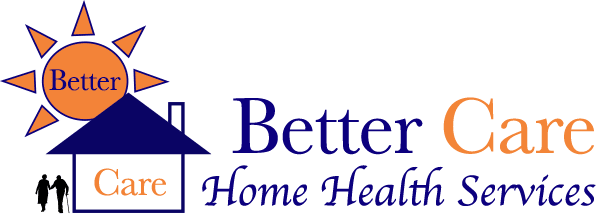
Many seniors end up eating the same meals as children in their golden years. However, since the body’s nutritional demands alter with age, seniors’ diets should be adjusted appropriately. Getting the correct kinds of nourishment every day can significantly improve a senior’s health. You may assist your senior loved one in meeting his or her changing nutritional needs by adopting the following measures.
Avoid Feeding a Senior Empty Calories
Because metabolism slows down with age, seniors may need to consume fewer calories to avoid obesity. Because it is still necessary for the body to receive adequate nutrients, seniors should avoid consuming items like white bread and confectionery, which supply just calories and no nutrition. Some seniors may not know what to cook to avoid empty calories. If that sounds like your mom or dad, they may need home care assistance to cook meals.
Always Add In More Fiber
Because elders frequently avoid difficult meals to chew, the normal senior diet is low in fiber. Fiber is an indigestible meal that aids digestion, keeps seniors feeling full without overeating, and maintains blood sugar levels steady. A high-fiber diet is also associated with a decreased risk of heart disease and some cancers. Seniors can increase their fiber intake by consuming fiber supplements and eating vegetables and fruits without removing their skins.
Monitor or Track Their Calcium Intake
People’s bones lose tissue quicker than they replace it as they age. Osteoporosis, which causes bones to become weak and shatter easily, may be caused by bone loss. Seniors must consume calcium and vitamin D-rich meals to avoid osteoporosis. Calcium may be found in dairy products and dark leafy green vegetables.
A Senior Should Consume More Lean Proteins
Seniors are more vulnerable to heart disease due to weakening circulatory systems, and consuming a lot of saturated fats may further damage arteries. Many seniors only obtain protein from fatty cuts of meat. Therefore, cutting down on saturated fats causes protein shortages. Protein is still vital, since it keeps you full and energized all day. Protein-rich foods include lean cuts of beef, tofu, yogurt, eggs, and lentils. If a senior is unsure how to cook meat or some type of protein, this is another reason to find the right home care assistance to help them.
Increase Vitamins Like B12
Because the body produces less stomach acid beyond 50, food cannot be efficiently broken down into B12. Vitamin B12 deficiency may lead to major problems, such as anemia and dementia-like symptoms. Serve vitamin B12 fortified cereals and other meals to ensure your loved one receives enough of this crucial vitamin.
Understanding and addressing your elderly loved one’s nutritional needs can be challenging. If you’re not sure how to help your seniors, finding the right home care is a good start. A senior should always consult a professional doctor, nurse, or nutritionist about what foods they should and should not be eating. Often, it takes an entire team to ensure a senior is healthy and living a high-quality life.
If you or an aging loved one are considering hiring Home Care Assistance in Philadelphia, PA, please talk to the caring staff at Better Care Home Health Services LLC today. Serving individuals and their families in Philadelphia, Delaware, Montgomery, and Bucks counties. Call Today: (267) 766-5218
Better Care Home Health Services is a family-owned agency dedicated to providing excellent and comprehensive home health care to individuals and families of Philadelphia, Delaware, Montgomery and Bucks counties. We are honored that God has blessed us with the opportunity to positively impact and change people’s lives. It is our mission to ensure that we provide the very best of care to our clients.
- The Benefits of Stretching for Seniors - March 27, 2025
- How 24-Hour Home Care Can Make Your Mom Feel Safe At Home - March 7, 2025
- Taking the Stress out of Getting Dressed - February 25, 2025

